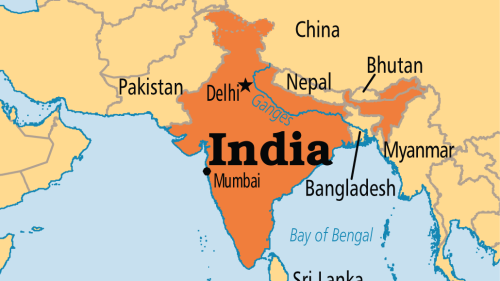As we prepare to nationalize jobs.

The focus in the Gulf these days is on nationalization of jobs. "Gulfization"- khalwaja - is the fashionable word.
The trouble with words in fashion, as with slogans in fashion, is that after a while those who repeat them on and on, as a matter of habit, tend to forget that they have meanings, that the words represent ideas, and that ideas transform themselves into realities only for those who are prepared to pour the sweat of hard labor into it. Waiting for miracles to bring about changes is a pleasant pastime, the favorite labor of all lotus-eaters, but it will not advance the desired cause one microinch.
What have we done to nationalize our job market? Do we have enough material - qualified human material in this case - to satisfy the demand of the market?
Some of these points were raised at a recent seminar in Riyadh, attended by officials and businessmen on the subject of Saudiization.
A couple of days ago, the Director General of the Dubai Economic Department, Muhammad Al-Abbar said he was against enforcing a quota for national manpower in the private sector or creating legal restrictions to curb job opportunities for expatriates.
Even if there were laws or other restrictions to this effect, he said, they would be difficult to enforce if the nationals were not qualified to meet the labor market's requirements. Hence the first need, he stressed, must be to concentrate on enhancing the potential of nationals through an on going training program, prepared after a scientific study of all the factors that influence the employment market. In the absence of a pool of trained and committed talent to draw from, any policy of rushing into nationalization will be hazardous. Al-Abbar proved his point through a graphic example: Making it mandatory for the fishing boats to have a UAE or Gulf national on board, he said, has only added a "sleeping person" on board.
Al-Abbar is right. To nationalize for the sake of nationalization, or because it is now becoming a fashion, will serve no purpose. Such policies represent, at this particular point of time, a luxury we cannot afford. The new world order, whether we like it or hate it, has forged new economic relations between countries forcing them to the more productive and competitive. Therefore, there is no alternative to professionalism, modern management and hard work. The question is: Do our youth in possession of all these qualities? Are they comfortable with a foreign language? Can they master a computer? Can the nationals of the Gulf hold their own against their counterparts from the Asian Tigers or Europe?
The Gulf countries possess men and women who are highly talented. However, an antiquated educational system, lack of information sources, limited access to books or exchange of information have stunned their development and condemned them to the rank of second-raters.
We need to ask ourselves again and again the question Henry McCracken asked a long while ago: "Why in every other field of human activity is the goal of utility stressed while in education it seems to be held in contempt?" Why indeed? Why are our educational systems, barring a few exceptions, not geared to equipping the school or college graduate to earn a living? Why are our young men, when they come out from universities, as innocent of any practical skill as they were when they joined the primary class?
Unless they get, in their school years, such practical training as would qualify them to enter a vocation straight away, they will not be employable. That means we need to take a hard, very hard, look at our syllabi. And, even before that, we have to have a scientifically prepared projection of the market needs for personnel. Until this is done, the slogan of "Gulfization" will join other blasts of hot air our region has had to suffer in the past.
However, that is only one aspect of the problem which, though serious, can be corrected by concerted action. What is really deplorable, and what cannot be corrected by governments, educationists or market experts, is the attitude and philosophy of our youngsters. Lethargy, lack of commitment, absence of work ethics and a long list of other negative qualities have come to be regarded as a part of the personality of our job seekers - and also of those who have sought and landed jobs.
Unless we instill in our youth a sense of pride in work and emulate those nations who have moved, and are moving ahead, we will not become a people able to produce.
The ones who can instill that sense of pride are not syllabus makers or slogan manufacturers. That is the job of parents, first and last. Teachers can only help. Most of us have abdicated our responsibilities as fathers or mothers. We have had no time to worry about our children. Too busy chasing our own profits, promotions or pleasures, we have left the job of molding the character of our children to our maids or drivers. And they have grown up, convinced that they are born to sit and demand, and that the rest of the world, all maids and drivers, owes them a living without them ever having to lift a little finger.
Let us, parents, not complain. We are reaping the fruits of our non-labor. "Nay, is he not acquainted with what is in the books of Moses - and of Abraham ... That man can have nothing but what he strives for; that the fruit of his striving will soon come in sight?"
Let us, the Gulf nationals, qualify ourselves to "strive", before rushing to demand the fruits. Until then let us not talk of Gulfization.

















